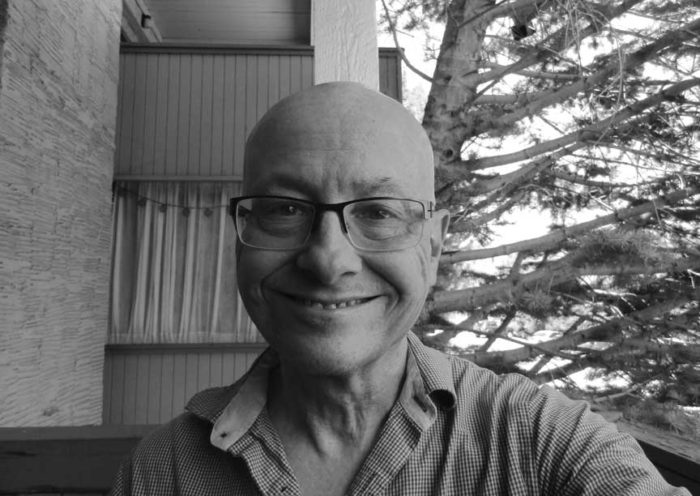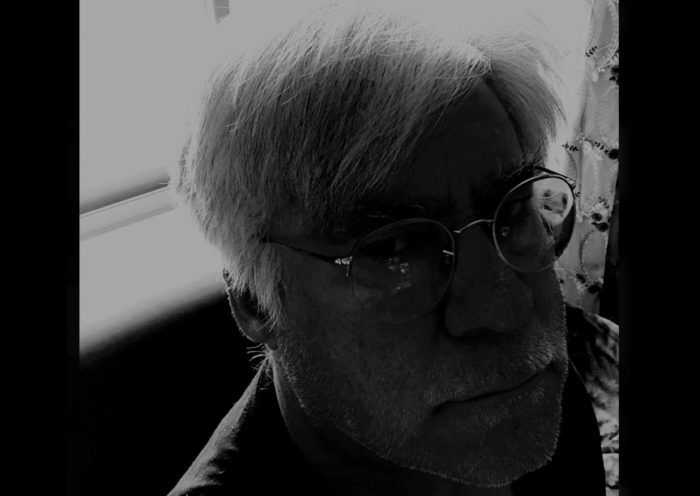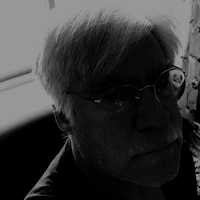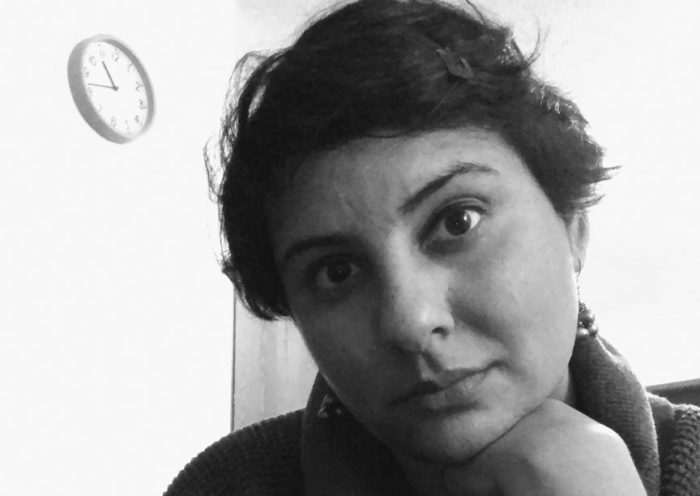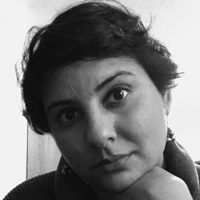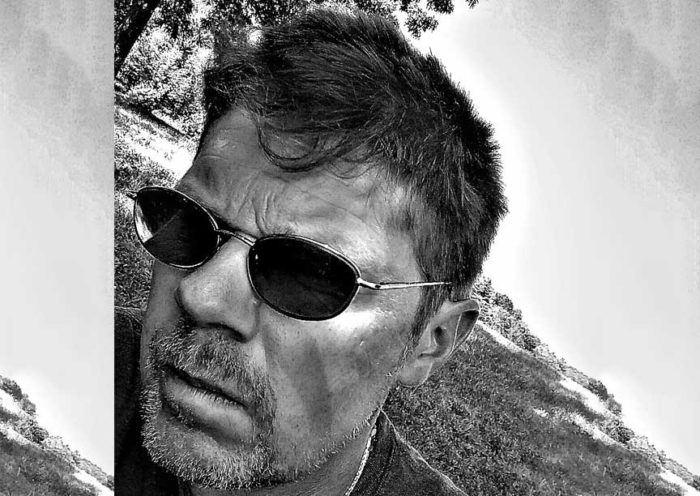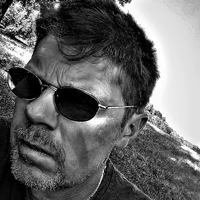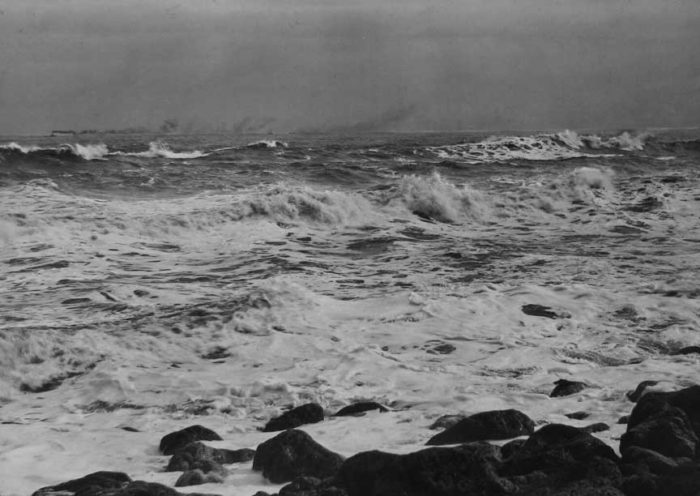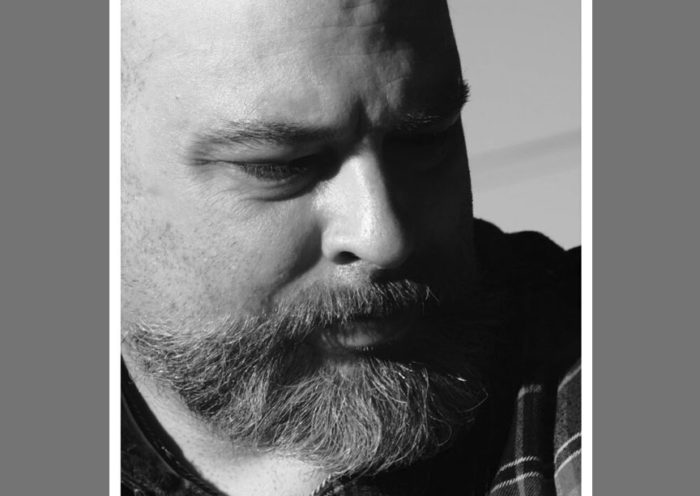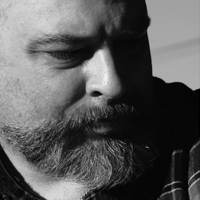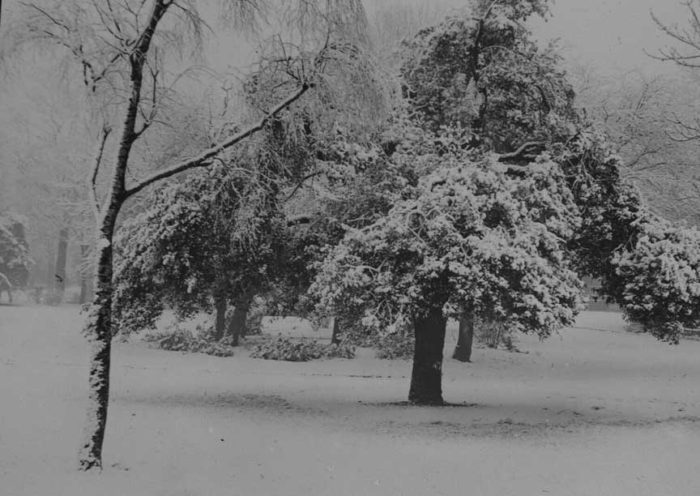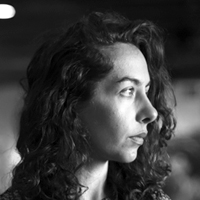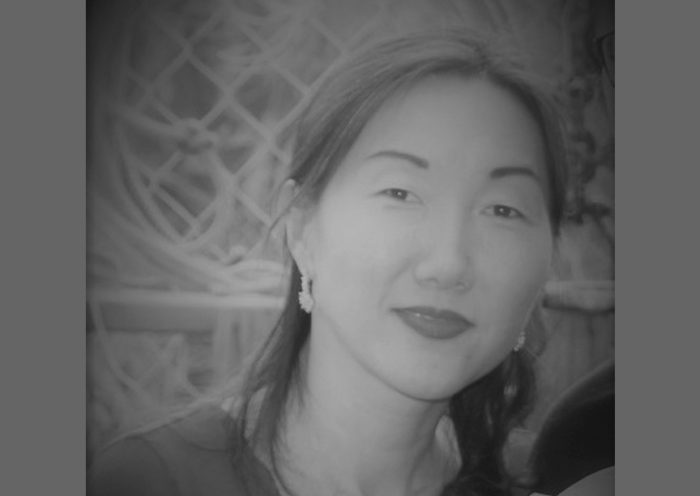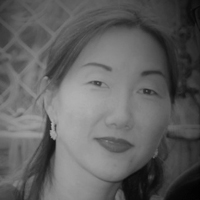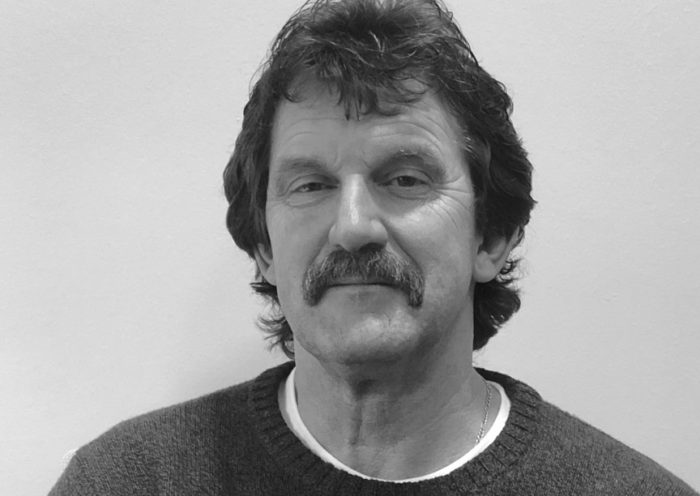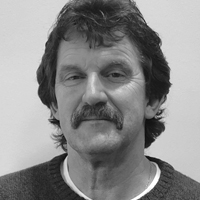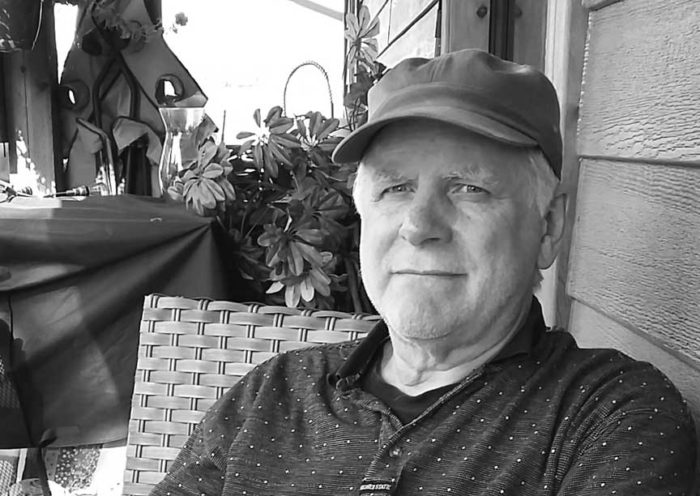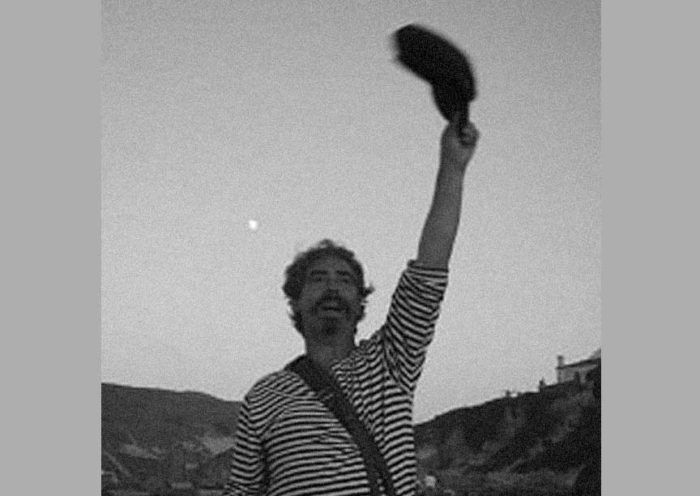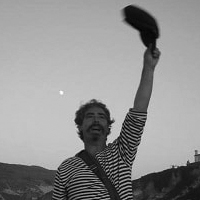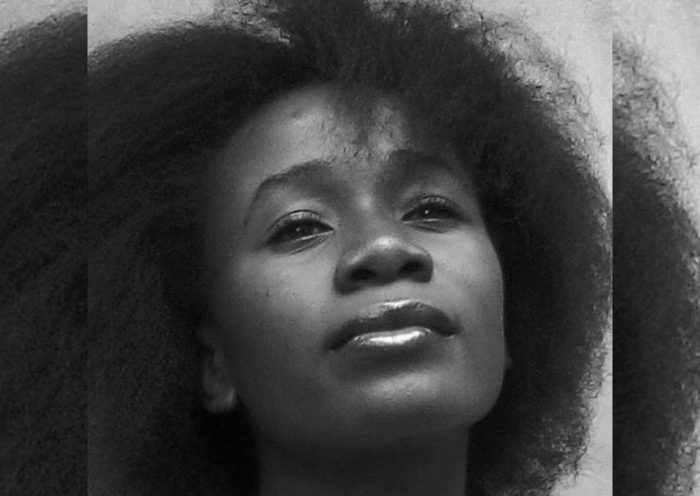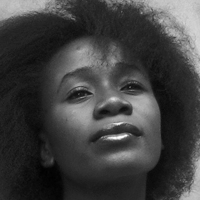Sonnet
by Mark DuCharme
Who dreams about my arms in damaged youth?
Who knows the finite ways to make love breathe?
Who flaunts me with mournful saints?
Who prolongs absence in the eyes of past listeners?
Whose tongues know love’s brutality?
What liars are rampant as drowsy parishioners?
Who feeds upon the dust?
Who wanders bent with children’s dreams?
Who devours but cannot rust?
Who is mild with waking screams?
Who showers but can’t think on Sundays?
Toward whom do all misshapen women thrust?
Who is a varied eavesdropper, & who a skillful lunchroom attendant?
Who courses through all broken calm, then flees with bottled rain?
Policed Lines
Somewhere, I am
Someone else
Free when the ink dries
Impossible in summer rains
+
The trouble with
Leaving
Troubles the fact—
A dish in a laundry basket—
The tune went astray
+
If I’d known you before
I was inside myself
Then we could think about tomorrow
& The birds that held you
In the textures of shimmers
You who would squander
The gleam in lost
Children’s eyes—
Those who smoke
Inconsolably
Just outside the rain
After Bergman
The camera loses patience
It’s alright, what you scribble
But don’t soon come again
In a casket too stylized for whispers
If only you’d held out your hand
Or not quibbled with the maidservants
About a death you’d soon long for
As seasons draw past
Bearing monuments that cluster
With a kind of fine agony—
Could you phrase that question in another
Language? Or is it time now for you to
Return to that great city, where angels & clouds
Weep— & the moment
Of reckoning rushes
Ever immanent, ever at hand?
To Him Who Hadn’t
Got That Message
The markings of history
Are all fed back to us
Even in times of decay
Light is a perfect symbol
Of light
If you go away now
Everyone will understand
Until a little bit later
When the glamour of birth
Is through with you
Go easy
On the rains that fail
Dumbfounded lost city eyes
Wear grief
Like an entertainment
Instead of a disguise
Until you are almost
Alone & free
Of those who think of
Breath as mirth
There will come a time
When your cough
In death
Sustains
BIO

Mark DuCharme is the author of We, the Monstrous: Script for an Unrealizable Film, Counter Fluencies 1-20, The Unfinished: Books I-VI, Answer, The Sensory Cabinet and other works. His poetry has appeared widely in such venues as BlazeVOX, Caliban Online, Colorado Review, Eratio, First Intensity, Indefinite Space, New American Writing, Noon, Otoliths, Shiny, Talisman, Unlikely Stories, Word/for Word, and Poetics for the More-Than-Human World: An Anthology of Poetry and Commentary. A recipient of the Neodata Endowment in Literature and the Gertrude Stein Award in Innovative American Poetry, he lives in Boulder, Colorado.

